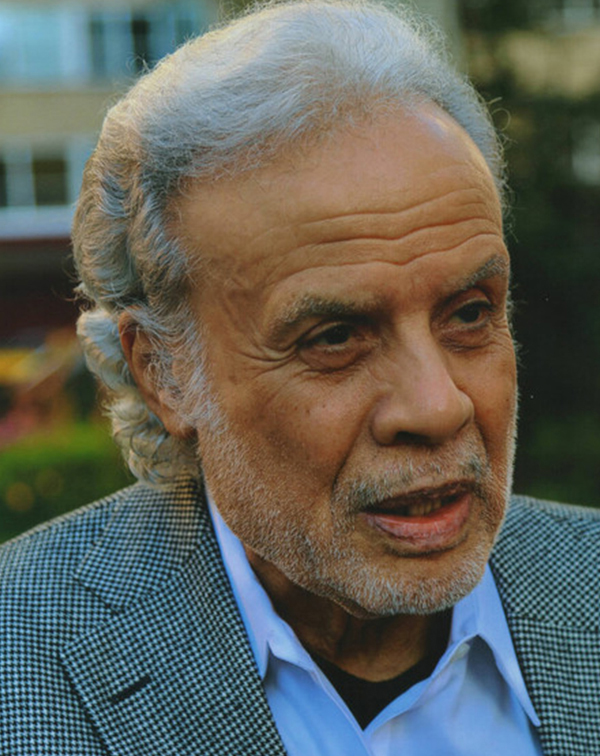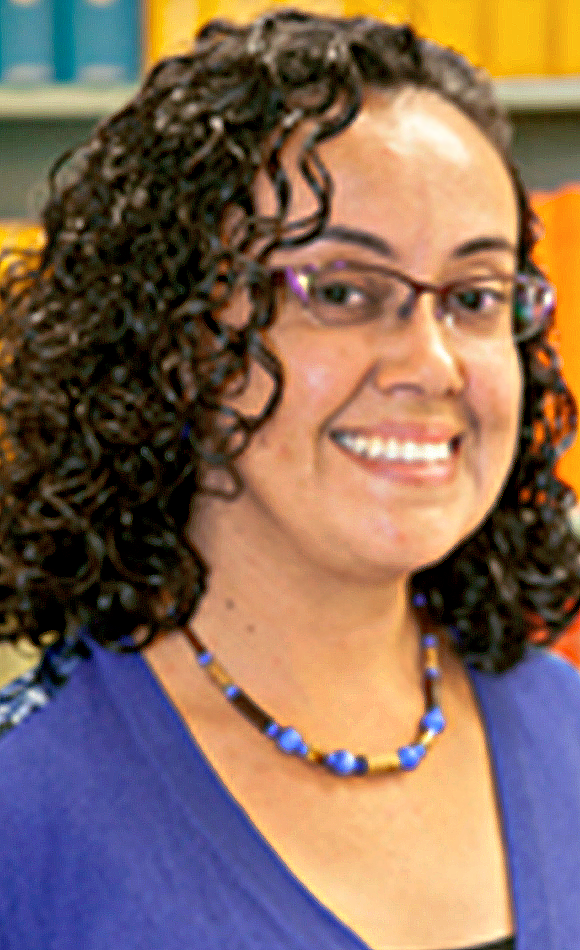PhD (h. c.), LCSW, LMFT, AAMFT Approved Supervisor
Dr. Harry J. Aponte
I am thought of as a family therapist, which I am, but one with a sound psychoanalytic professional background. I have a special interest in the work with disadvantaged families, which reflects my personal background, and in spirituality and culture in therapy. For some years now I have developed an interest in the use of our personal life experiences in relating to clients, assessing their issues, and intervening in my work with them, an interest which has been ensconced in the phrase, Person of the Therapist Training (POTT).
I worked and trained at the Menninger Clinic, been the Director of the Philadelphia Child Guidance Clinic, and an adjunct Associate Clinical Professor in Drexel University’s Couple and Family Therapy Program. I am now in private practice in Philadelphia.
LMFT, CAMFT, AAMFT APPROVED SUPERVISOR, EMOTIONALLY FOCUSED THERAPY SUPERVISOR AND TRAINER
Senem Zeytinoglu-Saydam, PhD
Currently living in Istanbul, Turkey, I am an assistant professor at Özyegin University’s Department of Psychology, serving as the program director of its couple and family therapy Master’s program. I am a licensed marriage and family therapist, and an AAMFT approved supervisor in the US and a registered psychotherapist and CAMFT approved supervisor in Canada. I have been trained in emotionally focused therapy and am a certified supervisor and trainer of the model. Aside from my faculty and trainer positions, I have a private practice where I see individuals, couples and families and provide clinical supervision.
I have received my masters from Columbia University Teachers College in counselling psychology, completed a post graduate certificate program at Ackerman Institute and then pursued a doctoral degree from Drexel University in couple and family therapy. During my doctoral studies, I had the privilege of meeting and working with Harry Aponte and getting introduced to the Person of the Therapist Training Model. I co-taught the Person of the Therapist class with Dr. Aponte and published articles and book chapters about POTT along with other Aponte Institute trainers. I presented in national and international conferences on topics related to POTT.
I actively use the POTT model in my supervision and see the impact it has on my supervisees. Since the focus is on our shared humanity with our clients, along with a cultural lens, I can use the model with trainees from different cultural and educational backgrounds. I feel very privileged to have a tool for connection that I can carry with me, wherever I go in the world.
LMFT, CAMFT, AAMFT APPROVED SUPERVISOR, EMOTIONALLY FOCUSED THERAPY SUPERVISOR AND TRAINER
Senem Zeytinoglu-Saydam, PhD
Currently living in Istanbul, Turkey, I am an assistant professor at Özyegin University’s Department of Psychology, serving as the program director of its couple and family therapy Master’s program. I am a licensed marriage and family therapist, and an AAMFT approved supervisor in the US and a registered psychotherapist and CAMFT approved supervisor in Canada. I have been trained in emotionally focused therapy and am a certified supervisor and trainer of the model. Aside from my faculty and trainer positions, I have a private practice where I see individuals, couples and families and provide clinical supervision.
I have received my masters from Columbia University Teachers College in counselling psychology, completed a post graduate certificate program at Ackerman Institute and then pursued a doctoral degree from Drexel University in couple and family therapy. During my doctoral studies, I had the privilege of meeting and working with Harry Aponte and getting introduced to the Person of the Therapist model. I co-taught the Person of the Therapist class with Dr. Aponte and published articles and book chapters about POTT along with other Aponte Institute trainers. I presented in national and international conferences on topics related to POTT.
I actively use the POTT model in my supervision and see the impact it has on my supervisees. Since the focus is on our shared humanity with our clients, along with a cultural lens, I can use the model with trainees from different cultural and educational backgrounds. I feel very privileged to have a tool for connection that I can carry with me, wherever I go in the world.
AAMFT APPROVED SUPERVISOR, LMFT
Alba Niño, PhD
I am a licensed marriage and family therapist, an AAMFT-approved supervisor, and an Associate Professor in the Couple and Family Therapy Programs at Alliant International University. After getting undergraduate degrees in psychology and anthropology from Universidad de Los Andes, in Bogotá (Colombia), where I was born and raised, I pursued my higher education in couple and family therapy in the United States. I earned my master’s at University of Maryland, and my Ph.D. from Drexel University where I co-taught the Person of the Therapist Training (POTT) class with Dr. Harry Aponte from 2010 to 2013.
I have teamed up with Dr. Karni Kissil to conduct studies on the professional gains of POTT, the perceived effects of POTT on the therapeutic relationship, and the connections between POTT and self-care. I have published and presented nationally and internationally on this research and on other topics related to POTT including the use of POTT in supervision with Dr. Senem Zeytinoglu Saydam. I have trained clinicians and university professors in the use of POTT, and have integrated the POTT model in practicum classes at Alliant International University at the master’s level, and in clinical supervision and supervision mentoring at the doctoral level.
I am certified in Attachment Based Family Therapy (ABFT) and trained in Eye Movement Desensitization and Reprocessing (EMDR). In addition to POTT, my teaching and scholarship center on topics such as cross-cultural therapeutic relationships, post-traumatic growth, effects of physical illness in family functioning, collaborative care, and trauma-informed care.
Every time I use the POTT model in teaching or supervision, I can see my students growing in their clinical skills. But beyond that, I see them embracing their own humanity and the humanity of their clients in a way that is transformative and compassionate

The Person-of-the-Therapist Training (POTT)
The therapist is the tool. The relationship is the medium.
Therapy is conducted through the person of the therapist in relationship with clients. Theory and technique are applied through the humanity of the therapist. Thus, therapists need to undergo a personally transformative experience that enables them to make their personal selves instrumental in the service of the therapeutic process. The goal is to achieve an active and therapeutically effective mastery of the self within the role of therapist.
Our Philosophy
We all can change for the better, no matter how difficult our problems are.
The relationship between the therapist and their clients is the foundation upon which all aspects of the therapy will rest. It should be experienced as authentic, trustworthy, and committed.
The therapist must recognize and be in touch with their own human frailties and vulnerabilities in order to relate to the struggles of their clients.
The therapist must be committed to contend with their personal challenges with the intent to grow and change. This will allow therapists to experience what it takes for their client to engage in their daunting journey to change.
The therapist should be able to resonate in their humanity with the pain of the client, be open to exploring and understanding the roots of the client’s pain and struggles, and be ready to personally engage the client in the journey to meet the client’s challenges.



